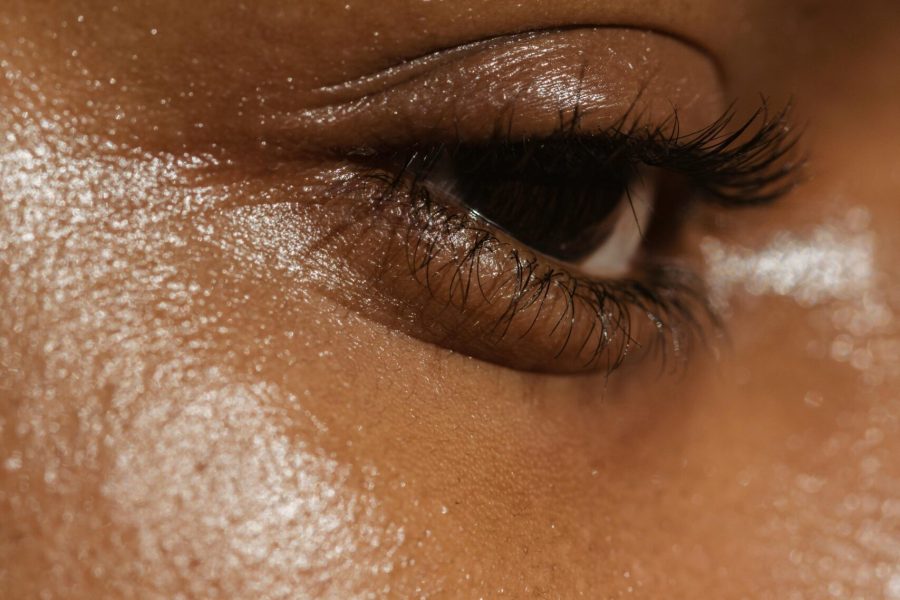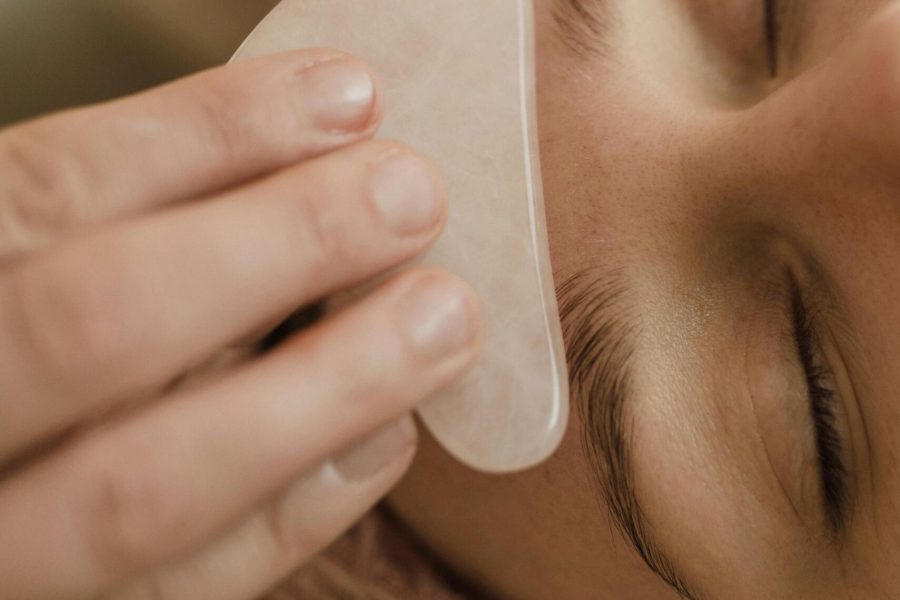Discover the powerful connection between your skin and mental health, and how caring for one can enhance the other.
Understanding the Skin-Mind Connection
The relationship between skin and mental health is more interconnected than one might think. Our skin is not just a barrier protecting us from the external environment; it is also a mirror reflecting our internal state of mind. Psychological stress, anxiety, and other mental health issues can manifest as skin problems, while chronic skin conditions can lead to mental health challenges.
This skin-mind connection is rooted in the fact that both the skin and the brain originate from the same embryonic tissue. This shared origin means that the nervous system and the skin communicate closely. Understanding this connection can help us appreciate the importance of a holistic approach to both skin care and mental health.
How Stress Affects Your Skin
Stress is a significant factor that can negatively impact your skin. When you are stressed, your body releases cortisol, a hormone that can increase oil production in your skin, leading to clogged pores and acne.
In addition, stress can exacerbate conditions such as eczema, psoriasis, and rosacea, making them more difficult to manage.
Stress can also lead to behaviors that harm your skin, such as neglecting your skincare routine, picking at your skin, or not getting enough sleep. These actions can create a vicious cycle where stress leads to skin problems, which in turn cause more stress.
Mental Health Conditions and Skin Disorders
Certain mental health conditions are closely linked with skin disorders. For example people with depression or anxiety may experience changes in their skin, such as dryness, dullness, or increased sensitivity.
Chronic skin conditions like acne, eczema, and psoriasis can lead to feelings of low self-esteem, social withdrawal, and even depression.
The psychological burden of visible skin conditions can be profound. It is essential to recognize these links and address both the mental and physical aspects of these conditions.
Seeking help from a mental health professional can be beneficial for those struggling with the emotional impact of skin disorders.
Skincare Routines that Boost Mental Wellbeing
A consistent skincare routine can do wonders not just for your skin, but also for your mental wellbeing. Engaging in a regular skincare regimen can be a form of self-care, providing a sense of control and routine that is mentally comforting.
Incorporating elements such as gentle cleansing, moisturizing, and sun protection can improve skin health, which in turn can boost confidence and reduce stress. Additionally, using products with calming ingredients like chamomile can have a soothing effect on both the skin and the mind.
Holistic Approaches to Skin and Mental Health
Taking a holistic approach to skin and mental health means considering the whole person, including their physical, emotional, and social wellbeing.
Practices such as mindfulness, meditation, and yoga can reduce stress and improve mental health, which can positively impact the skin.
Nutrition also plays a crucial role in this holistic approach. A balanced diet rich in vitamins, minerals, and antioxidants can improve skin health and support overall mental wellbeing. It is also a good idea to seek holistic care from a licensed homeopath or naturopath who can help resolve deeper issues in a gentle way.










